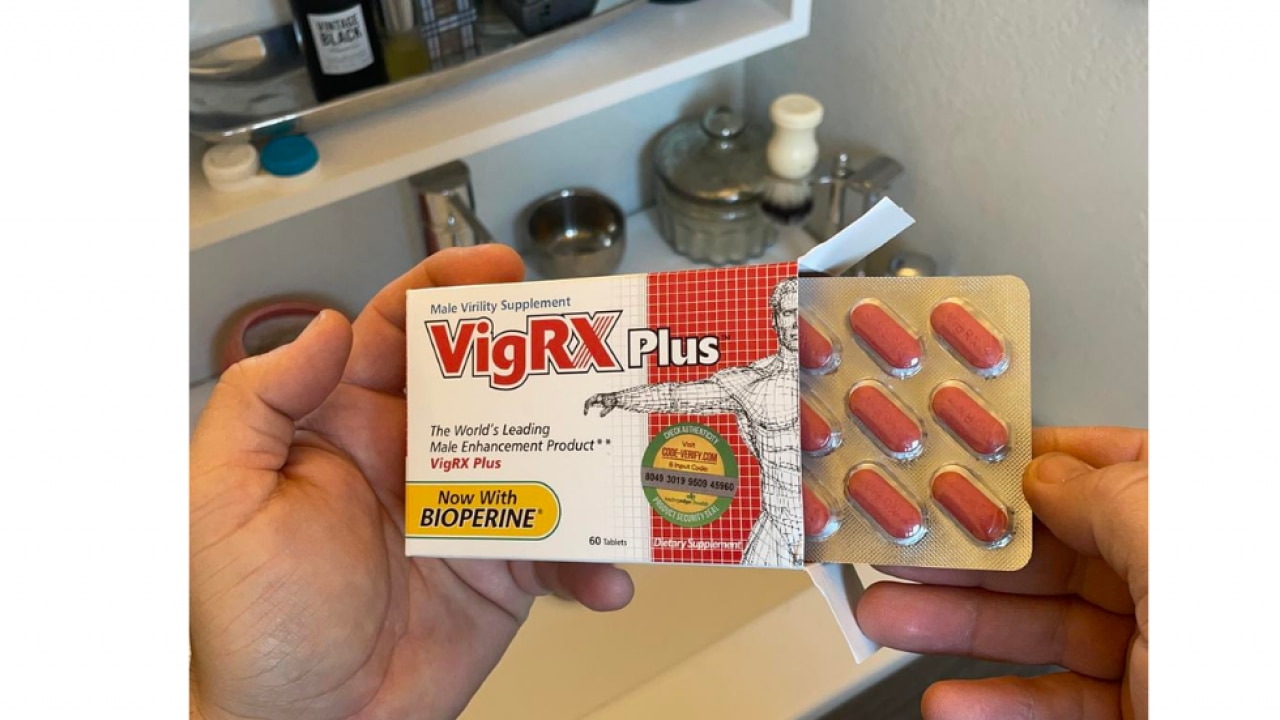What is a high-protein diet?
A high-protein diet is a nutritional approach that emphasizes the consumption of foods rich in protein while limiting the intake of carbohydrates and fats. Unlike low-calorie or low-fat diets, high-protein diets allow individuals to consume a sufficient amount of calories while prioritizing protein-rich foods. This macronutrient distribution helps promote weight loss by stimulating fat burning and preserving lean muscle mass.
In today's health-conscious society, finding the right diet that aligns with your fitness goals can be a challenging task. High-protein diets have emerged as a popular choice for individuals aiming to lose weight and build muscle simultaneously. By understanding the benefits and incorporating the right balance of protein in your daily diet, you can optimize your results and improve your overall well-being.
The role of protein in weight loss
Protein's effect on metabolism
One of the primary reasons high-protein diets are effective for weight loss is due to their impact on metabolism. Protein has a higher thermic effect of food (TEF) compared to carbohydrates and fats. TEF refers to the energy expenditure required to digest, absorb, and process nutrients. By consuming more protein, you can increase your metabolic rate and burn more calories throughout the day.
Increased satiety and reduced appetite
Another advantage of high-protein diets is their ability to increase feelings of fullness and reduce appetite. Protein takes longer to digest, keeping you satisfied for longer periods. This can lead to a lower calorie intake as you are less likely to snack or overeat between meals. Additionally, high-protein diets help regulate hunger hormones, such as ghrelin and leptin, further aiding weight loss efforts.
High-protein diets and muscle building
Protein's role in muscle synthesis
Protein is the building block of muscles, and consuming an adequate amount is crucial for muscle development and repair. High-protein diets provide the necessary amino acids to support muscle synthesis, helping you build lean muscle mass and improve strength. This is particularly beneficial for individuals engaged in resistance training or those aiming to enhance their athletic performance.
Enhanced muscle recovery and growth
In addition to muscle synthesis, protein also plays a vital role in muscle recovery and growth. Intense exercise can cause micro-tears in muscle fibers, and consuming protein post-workout helps repair and rebuild these tissues. By following a high-protein diet, you provide your muscles with the nutrients needed to recover efficiently and promote optimal muscle growth.
Heart-healthy benefits of high-protein diets
Lowered blood pressure and cholesterol levels
High-protein diets, especially those rich in lean protein sources, have been associated with improved heart health diet. Research suggests that consuming adequate protein can help lower blood pressure and reduce LDL cholesterol levels, thereby decreasing the risk of heart disease and other cardiovascular conditions.
Improved cardiovascular health
Furthermore, high-protein diets often include nutrient-dense foods that promote cardiovascular health. For example, incorporating fatty fish as a protein source provides essential omega-3 fatty acids, which have been shown to reduce inflammation and support heart function. By following a balanced high-protein diet, you can positively impact your cardiovascular well-being.
Creating a balanced diet with high-quality protein
Choosing lean protein sources
When adopting a high-protein diet, it is essential to prioritize lean protein sources to maintain overall health. Examples of lean protein include skinless poultry, fish, tofu, legumes, and low-fat dairy products. These options provide ample protein while minimizing saturated fats, which are linked to cardiovascular issues.
Combining protein with other essential nutrients
While protein is a vital component of a high-protein diet, it is equally important to combine it with other essential nutrients. Incorporating a variety of fruits, vegetables, whole grains, and healthy fats ensures a well-rounded and balanced diet. This approach guarantees that you receive all the necessary vitamins, minerals, and fiber while reaping the benefits of high-protein intake.
Tips for incorporating a high-protein diet into your routine
Meal planning and preparation
Effective meal planning and preparation are key to successfully adopting a high-protein diet. Plan your meals in advance, ensuring each contains a sufficient amount of protein. Preparing meals and snacks in bulk can save time and make it easier to stick to your dietary goals, even during busy days.
Snack ideas for high-protein intake
When hunger strikes between meals, having high-protein snacks readily available can help you stay on track. Consider options such as Greek yogurt, hard-boiled eggs, protein bars, or a handful of nuts. These snacks provide a quick protein boost and keep you satisfied until your next meal.
Potential risks and considerations
While high-protein diets offer numerous benefits, it is important to be mindful of potential risks and considerations.
Adequate hydration and kidney function
High-protein diets may put extra stress on the kidneys, especially if you have pre-existing kidney issues. To mitigate this risk, it is crucial to maintain adequate hydration levels and consult with a healthcare professional if you have any concerns about your kidney health.
Moderation and overall macronutrient balance
Maintaining a balanced diet macronutrient intake is vital for overall health. While high-protein diets are effective, it isessential to ensure a balance between carbohydrates, fats, and proteins. Avoid excessively restricting carbohydrates or fats, as they also play essential roles in providing energy and supporting bodily functions. Moderation and balance are key to long-term success and overall well-being.
.png)




.jpg)

 English (US) ·
English (US) ·